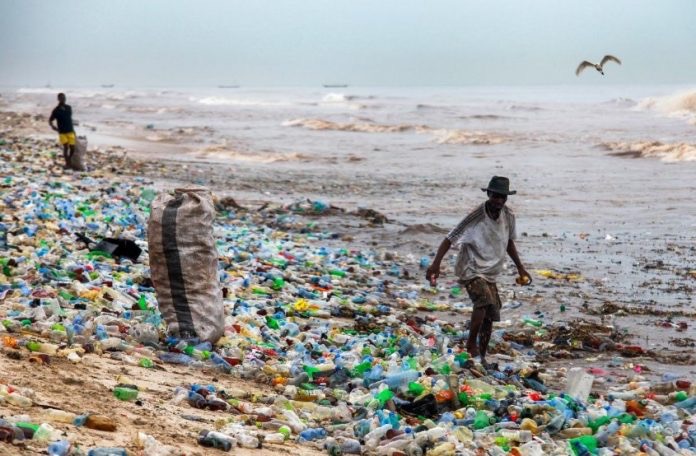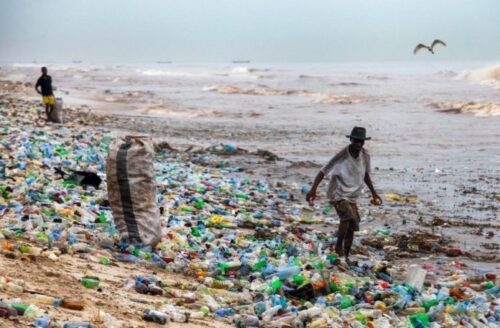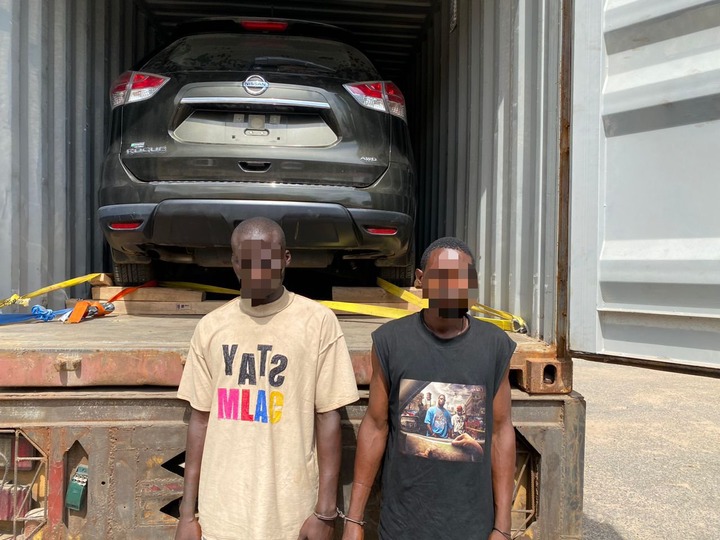Univ. of Northampton holds stakeholder discussion on how to address plastic waste menace in Ghana


The University of Northampton in the UK, in collaboration with its partners, has held discussions on how to solve challenges posed by plastic waste in Ghana.
The meeting was held against the backdrop that in contemporary society, plastic and its associated products are widely utilized.
However, due to several decades of excessive production and inadequate waste disposal techniques since mass production began in the 1950s, plastic has become a dominant component in both terrestrial and marine ecosystems.
According to a report from the United Nations Environment Programme (UNEP), global plastic production has exceeded 9.2 billion tons since the 1950s.
Furthermore, plastic and microplastics, which are produced from fossil fuels, consume 6% of the world’s oil.
In addition, plastic waste jeopardizes the international community’s capacity to achieve greenhouse gases emission objectives and tackle climate change.
The meeting was therefore held to discuss plastic-pollution mitigation solutions that will be tested in the current phase of the Fresh Produce Impact Hub- FRESHPPACT project.
FRESHPPACT has taken a Public-Private Cross sector Industry approach to mitigate plastic pollution in the agri-food sector in Ghana.
Some of the key stakeholders on the consortium include Blue Skies Ltd, HPW Fresh & Dry Ltd, Primafruit, Fruveg Farms Ghana, Waitrose Ltd and Partners.
Alongside these consortium members, the University of Northampton’s Centre for Sustainable Business Practices (CSBP) acts as the Coordinating Research and Project Management Partner (CRPM) for FRESHPPACT.
“Our visit to Ghana will familiarize the researchers with the Ghanaian terrain, gain a deeper understanding of the fresh produce manufacturing industry in Ghana, identify key players, increase community awareness and develop full project plans to facilitate the commercialization of the solutions for the next phase of the project,” Dr. Seyi Omoloso, Lecturer in Sustainable Business, University of Northampton, said.
Freshppact is being implemented by Blue Skies who have been awarded a UKAid grant to launch the hub. The UKAid grant has been made via the Sustainable Manufacturing and Pollution Programme (SMEP).
The SMEP programme is funded by the UK Foreign, Commonwealth and Development Office (FCDO) and is implemented in partnership with the United Nations Conference on Trade and Development (UNCTAD).
The project include the use of food waste to create alternative materials, such as coconut coir for use on farms as mulch (Greenshopper); custom-built machinery to improve the mulch collection process (Data Solutions Hub); biodegradable workwear (Multiwrap); plant-based packaging materials (Kelpi) and paper-based packaging materials.
Speaking at the meeting, Associate Professor in International Sustainable Development Law at University of Northampton Dr Ebenezer Laryea revealed that Ghana produces 82 billion sachets of water every year.
“You can imagine the enormity of the impact of plastic waste if you consider the fact that Ghana produces 82 billion sachets of water every year. If you multiply this over the year, then the picture becomes really worrying,” he explained.
According to him, plastic waste generation has diverse effects.
“You can talk about the social, economic, marine and other environmental impacts of plastic waste,” he said.
He was hopeful that solutions proffered under the FRESHPACT project will help ameliorate the effects of plastic waste in the country.
For his part, Mr. Alistair Djimatey, Foundation and Corporate Affairs Manager, Blue Skies Products Ghana, said his outfit is excited to be part of the project because it promises some action on addressing the plastic waste challenge.
“We have had enough discussions on this problem. FRESHPACT promises action, and that is the way to go. We are happy to be part of this important project,” he said.
source :3news.com





